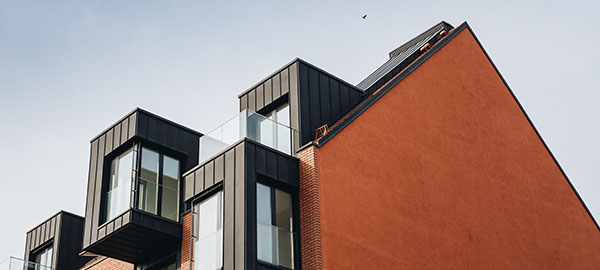
Using IoT to Prevent Unnecessary Claims
Over 75% of all claims made by Tenants of Housing Associations are in relation to mould, damp and condensation. This amounts to significant, unnecessary costs paid out in claims every year.
These statistics prove that mould is a major issue within social housing. It can, however, be prevented by monitoring the temperature and humidity within properties. The data on these conditions is collected by unnoticeable wireless sensors within the home and an then be transferred to an intelligent online platform which in some cases has the capability to deliver alerts. With this insight, maintenance teams can take preventative measures to stop mould becoming a health risk to tenants or causing costly damage to properties
Across the UK, this form of IoT monitoring could save social landlords hundreds of thousands of pounds in claims.
The Smartline project in Cornwall, is a collaborative research project exploring the relationships between people, technology and well-being, leading to new products, processes and services in smart housing and communities.
Led by Dr Tamaryn Menneer, one of the programmes within the project is focused on modelling mould growth within residential properties.
Using Invisible Systems' wireless IoT sensors, the programme aims to predict and prevent mould growth within 274 homes in the Cornwall region.
To date, the programme is:
- alleviating the cost of repairs associated with mould
- reducing the impact on the health of tenants
- reducing claim costs
To find out more about the Smartline Project, download the case study here. Alternatively, to speak to a member of our team about a suitable solution for your organisation, please book a consultation.








